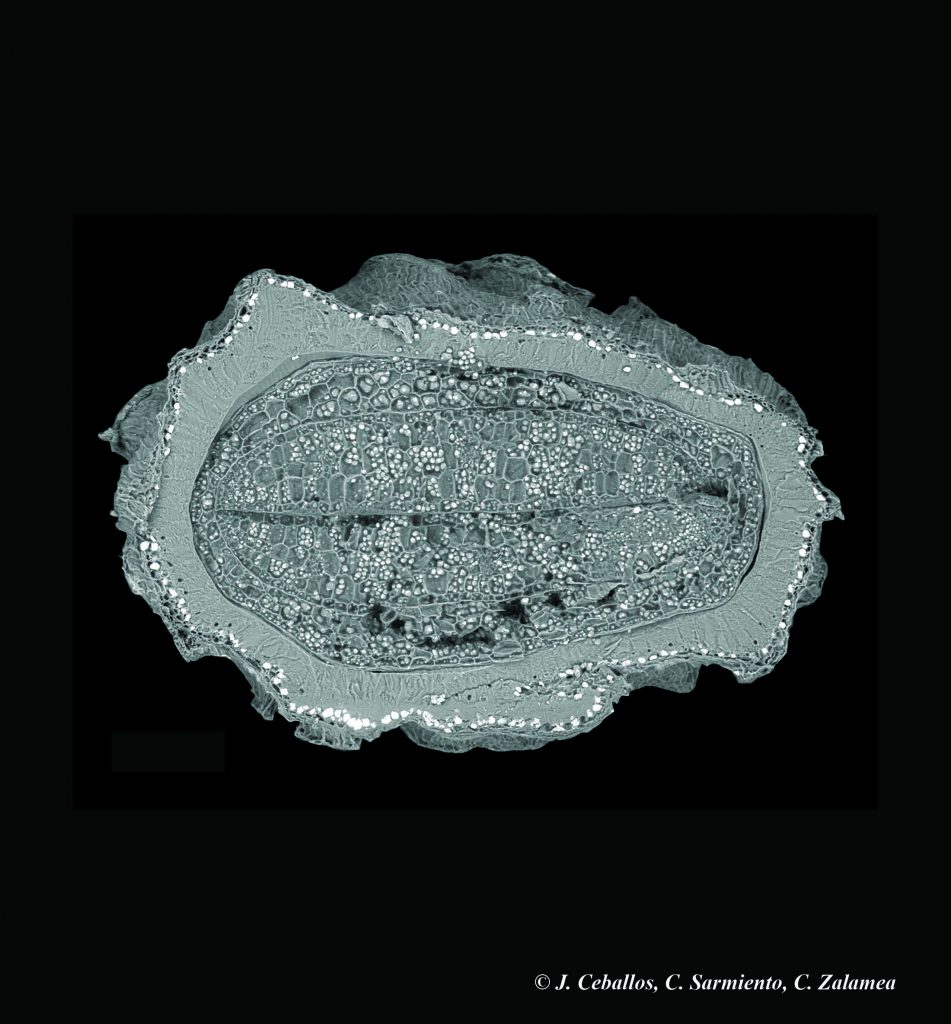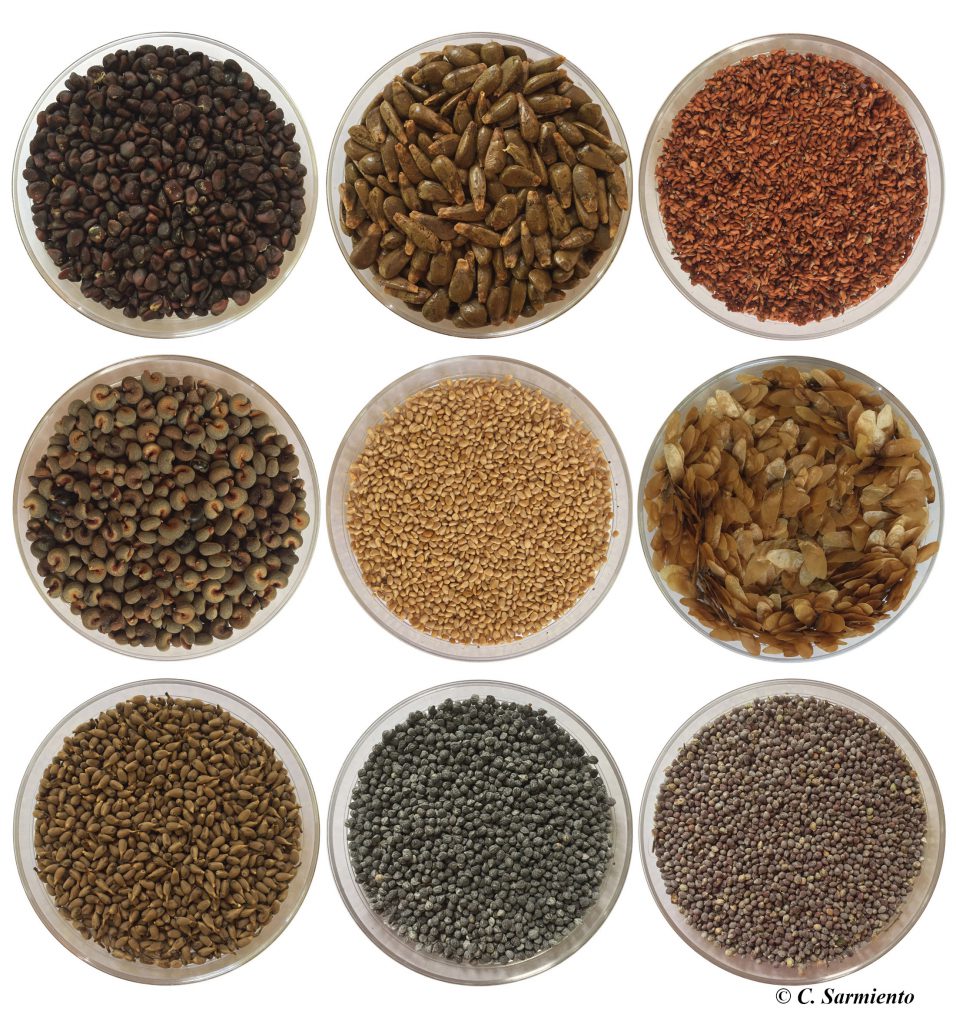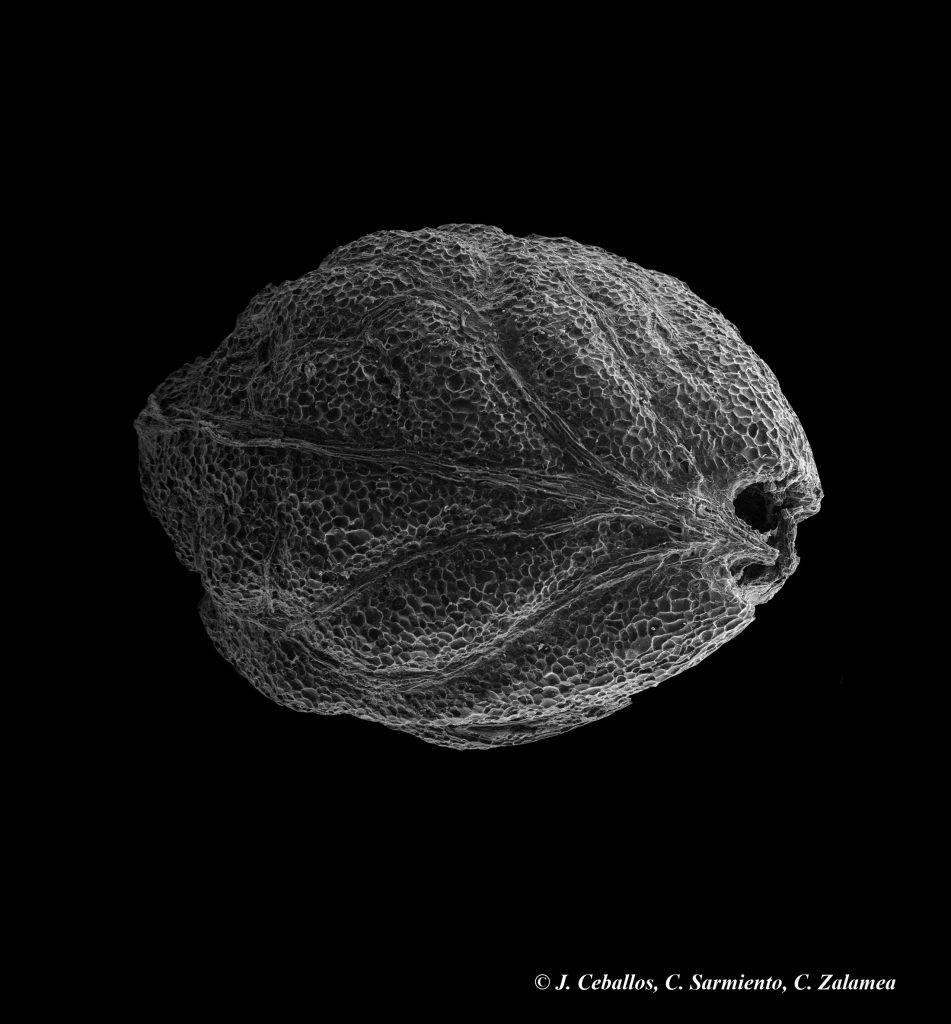Seeds are the most important component of plant reproduction in the context of natural plant communities. We complement our microbial focus with exploration of physical and chemical defenses of seeds. Using tools such as scanning electron microscopy, assays of seed chemistry, measurements of seed fracture resistance and permeability, as well as field experiments, we have gained insight not only into the time course of fungal infection, but its implications for seed survival over time in soil. We have developed a new conceptual framework centering on ‘seed dormancy-defense syndromes’ – that is, we observe that species with similar seed-dormancy traits consistently deter pathogens and/or granivores in similar ways. In addition to providing a new framework for understanding seed ecology and demography in tropical forests, this research has applications for the management and conservation of plants (e.g., control of invasive plants and management of agricultural weeds) in tropical and temperate regions.



